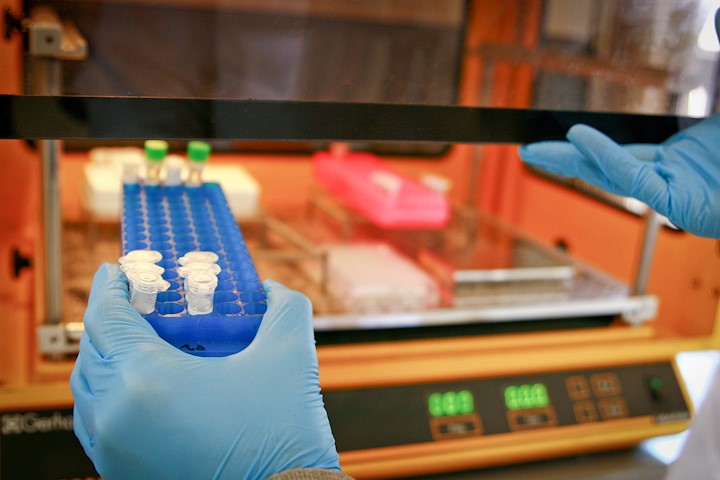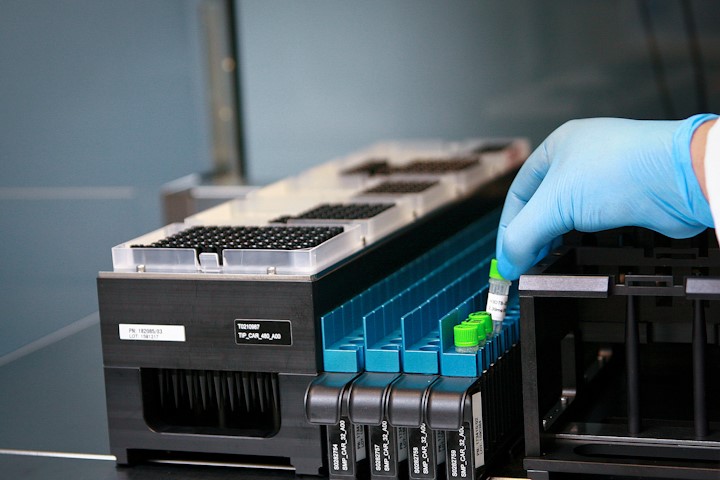The infectious disease clinical community has sounded a call to action to address the crisis due to the spread of drug resistant bacterial infections. If the current spread of antimicrobial resistance (AMR) continues unabated, it has been estimated in a report commissioned by the UK Government and the Wellcome Trust that in the year 2050 over 10 million people will die annually worldwide as a result of bacterial infections. Infectious diseases would become the leading cause of mortality harkening the pre-antibiotic days when the average human lifespan was over two decades shorter. The current clinical antibacterial pipeline suffers from the dearth of novel mode-of-action agents that are needed to prevent today’s treatment failures due to the spread of AMR. Particularly problematic are infections caused by serious Gram-negative bacteria where treatment options have regressed and where modest new developments have been overshadowed by the rapid microbial evolution. It is imperative that new medicines without pre-existing modes-of-resistance be developed to stave off the spread of untreatable bacterial infections.

For this, there is an acute need for such new medicines in low- and middle-income countries (LMICs) including South Africa where the incidence of AMR is far-ranging relative to higher-income countries. However, since bacteria easily travel around the globe with their human hosts, efforts to stem the tide must have an international plan of collaborative action. This needs to include work at the front lines in LMICs where infectious diseases are most problematic thereby catalyzing a holistic command of the critical needs and solutions from drug discovery and development to the clinic.

Building on our existing expertise in infectious disease drug discovery, H3D has recently expanded our facilities and capabilities to include AMR biology and a screening centre to test novel therapies, small molecules and natural products as starting points for potential AMR treatments. To this end, H3D has established a dedicated BSL2 laboratory space accredited by the South African Department of Agriculture, Forestry and Fisheries (DAFF) for work with resistant strains of Gram-negative and Gram-positive bacterial pathogens including those designated by the WHO as being high priority due to widespread resistance. Coupled to this, H3D has streamlined data management and sample management capabilities and liquid handling robotics systems to facilitate the processing of hundreds of screening samples per week. H3D is currently part of two international consortia working to identify new AMR drug starting points over the next 3 years.
